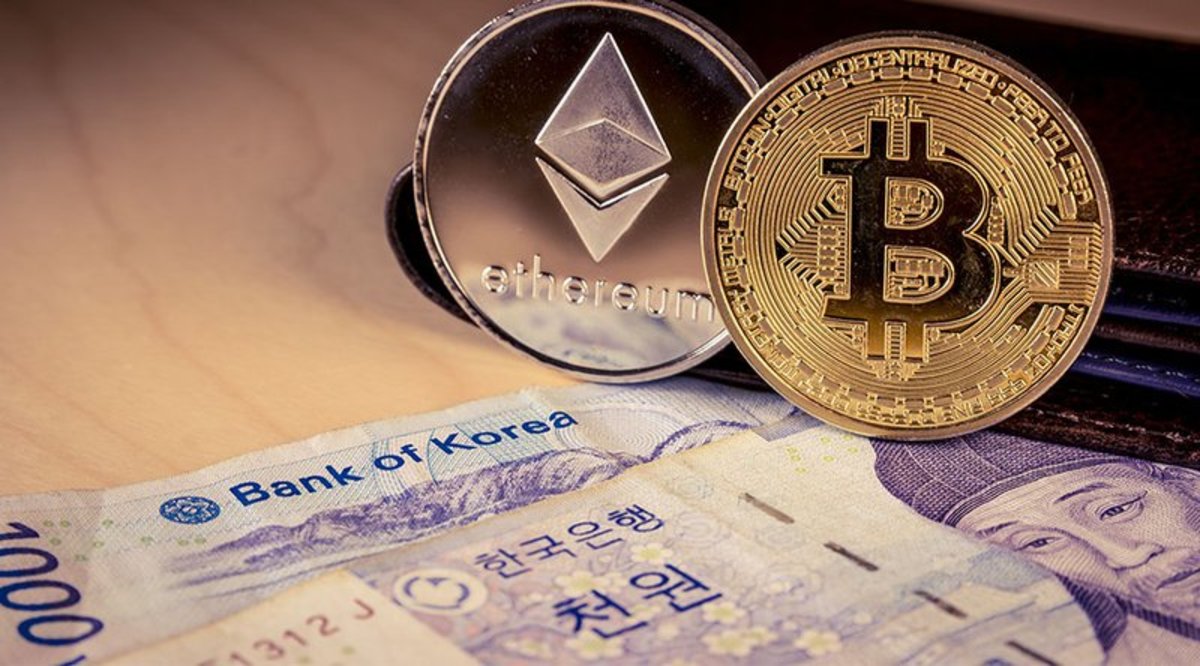
Six Korean banks will begin allowing the simultaneous opening of accounts, deposits and withdrawals, as well as transfers of funds between these accounts and exchanges, beginning on January 30, 2018, but with some new restrictions.
South Korea’s government continues its efforts to rein in the trading of virtual currencies such as ether and bitcoin with a new announcement from South Korea’s Financial Services Commission. Investors will now be required to convert their virtual bank accounts to real-name bank accounts in order to continue trading. Deposits and withdrawals are allowed only between real-name bank accounts and matching crypto-exchange accounts within the same bank. The “real name” registration system for cryptocurrency trading will begin by January 30, 2018, with six banks, which include Nonghyup Bank and Shinhan Bank.
Koreans have found cryptocurrencies to be an attractive high-yield investment option; it is estimated that South Korea accounts for 20 percent of bitcoin trades worldwide. The Korean government has been trying to restrict crypto-trading recently, raiding major exchanges and floating ideas such as bans on domestic trading. A statement from the Office for Government Policy Coordination reflected an increased level of frustration with speculative investing in cryptocurrencies: “[We] can’t let this abnormal situation of speculation go on any longer.”
The South Korean government also said this week that it is planning to collect corporate and income taxes at a collective rate of 24.2 percent from local cryptocurrency exchanges this year.
Today’s announcement is also seen as a method to curb money laundering and fraud in addition to providing what should be a simpler and more acceptable (to the government) method of trading crypto in South Korea.










